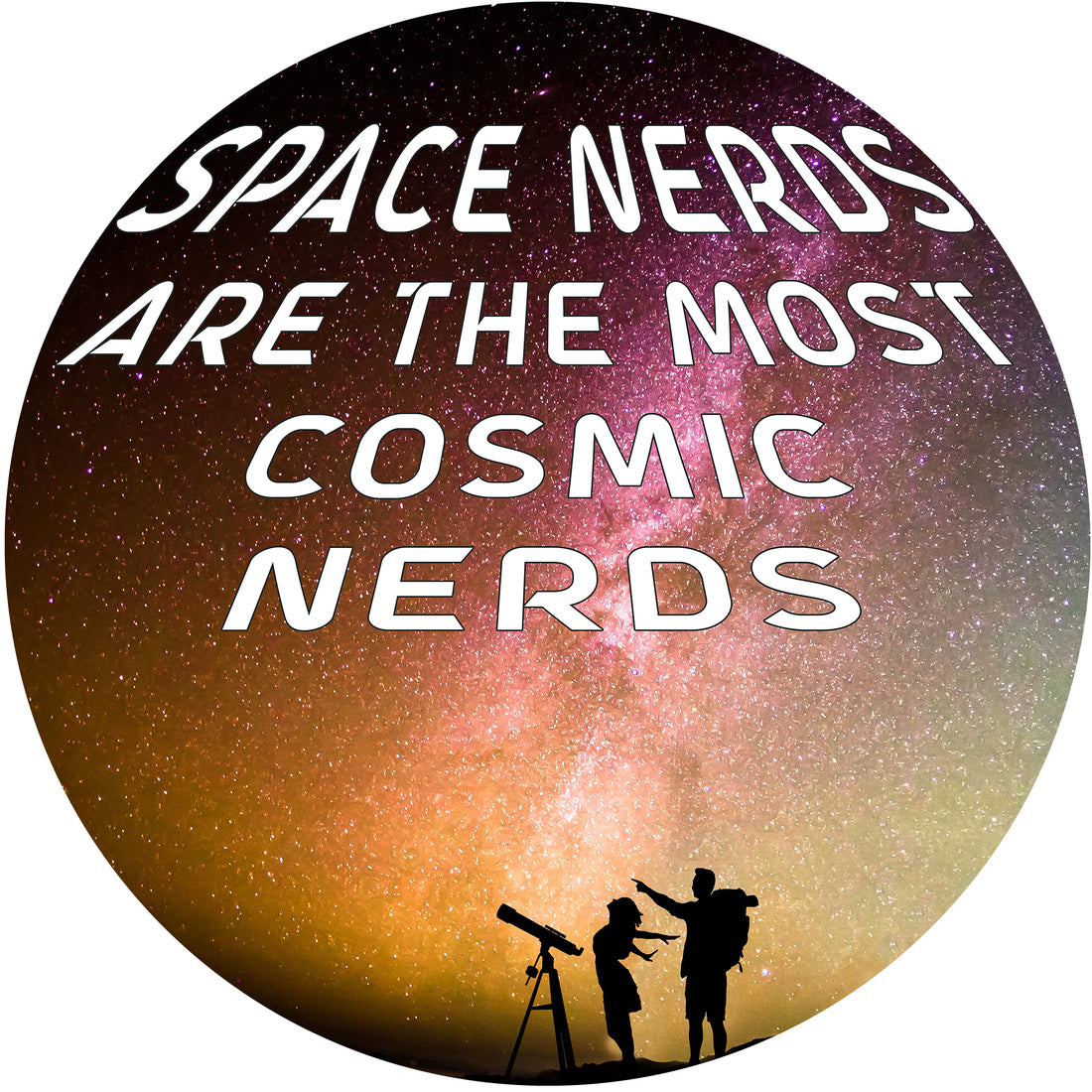
When we look up at a beautifully dark numinous night sky we can embrace our inner nerd and childishly exclaim “Wow”! (We hope to be able to continue to do this without Elon Musk’s Starlink constellation spoiling the view!)
The universe can show us very energetic particles as cosmic rays and several experiments are in train to use this resource to better our understanding of the cosmos and perhaps basic physics. You can even help by using your smartphone –
Cosmic Ray Extremely Distributed Observatory - CREDO (see Symmetry article here) and Adam Rutherford reports on the BBC’s Inside Science podcast here (about 6 minutes in). If anyone can help them develop an IOS compatible app for their project we are sure the mainly Polish led team would be cosmically grateful.
And UCI’s Daniel Whiteson discusses CRAYFIS, his version of a smartphone powered cosmic ray detector (and his unconventional ways of making research fun, productive and instructive) with Dan Hooper in a Why This Universe podcast (about 88 minutes in).
QUOTES
“I am and ever will be a white socks, pocket protector, nerdy engineer born under the second law of thermodynamics, steeped in steam tables, in love with free body diagrams, transformed by Laplace and propelled by compressable flow” Neil Armstrong
“Being a geek is all about being honest about what you enjoy and not being afraid to demonstrate that affection. It means never having to play it cool about how much you like something. Its basically a license to proudly emote on a somewhat childish level rather than behave like a supposed adult. Being a geek is extremely liberating” Simon Pegg Educationalist
“A nerd is a superbrain fixated with a thing. Being around a nerd is usually exhilarating because they are touched by genius and you learn so much. A geek is someone who may look like a nerd who also works with high tech but who is quite a mediocre person of average intelligence”. Michelle Miller
“Every single discipline in STEM has a creative element to it. Idea generation, knowledge exchange, growth mindsets and problem solving, successful translation and innovation all require innovative thinking.” Marguerite Evans-Galea, read the article here

